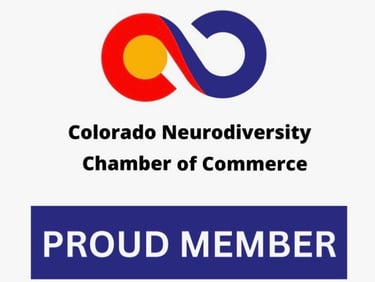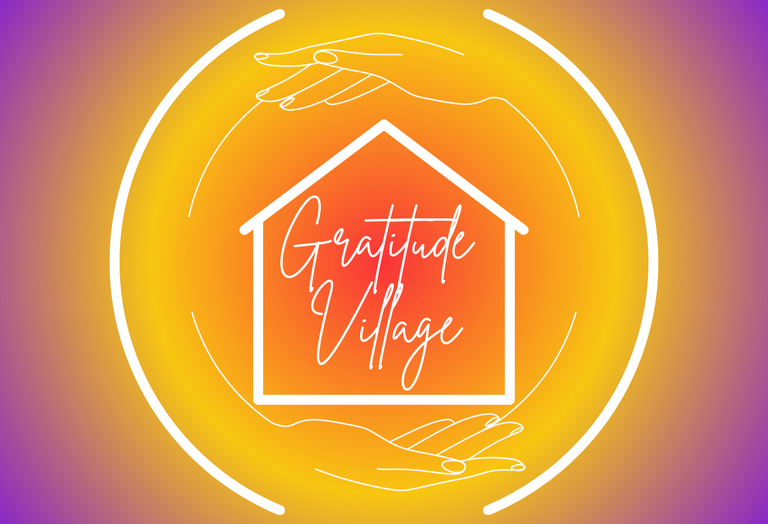Zoom Info Session Thursday February 26, 2026 5:30-6:30PM Mountain Time
Sharing the Workload in Cohousing: Building a Stronger Community Together
Cohousing is built on the principles of collaboration, mutual support, and shared responsibility. One of the key ways these values come to life is through the sharing of the workload. In cohousing communities like Gratitude Village, residents work together to maintain and manage their shared spaces, creating a more sustainable, efficient, and connected way of living. This collective approach to chores and responsibilities not only lightens the load for everyone but also strengthens the bonds between neighbors.
Gratitude Village
3/8/20253 min read


Sharing the Workload in Cohousing: Building a Stronger Community Together
Cohousing is built on the principles of collaboration, mutual support, and shared responsibility. One of the key ways these values come to life is through the sharing of the workload. In cohousing communities like Gratitude Village, residents work together to maintain and manage their shared spaces, creating a more sustainable, efficient, and connected way of living. This collective approach to chores and responsibilities not only lightens the load for everyone but also strengthens the bonds between neighbors.
Why Sharing the Workload Matters
Living in a cohousing community is not just about sharing physical spaces—it’s about sharing the responsibilities that come with maintaining those spaces. From gardening to cleaning, organizing events to running the common house, these tasks are an integral part of cohousing life. By distributing the workload among residents, the community becomes more self-sustaining and less reliant on outside help, reducing costs and promoting a deeper sense of ownership and care for the community’s resources.
Sharing the workload also fosters a sense of equality and collaboration. When everyone contributes their time and skills, it ensures that no single person feels overwhelmed by responsibilities. This approach encourages active participation and gives residents a direct role in shaping and caring for their living environment.
Areas Where Work is Shared
In a cohousing community like Gratitude Village, there are many areas where residents come together to share the workload. These include:
Community Gardens and Green Spaces: Residents take turns maintaining the community gardens, planting, watering, harvesting, and composting. Trees need trimming, the common green and walkways need mowing, the natural pool needs some maintenance (especially in the first years,) walkways need snow removed and leaves need to be composted. Doing these tasks ourselves, not only reduces the cost of hiring landscapers but also strengthens the community’s connection to the environment and its commitment to sustainability.
Common House Maintenance: The common house is a shared resource that needs regular upkeep, from cleaning to organizing community meals and events and coordinating use of the various spaces. Residents can sign up for rotating tasks, ensuring that the space remains clean, functional, and inviting for all.
General Maintenance & Repair: Although our homes and community buildings will be designed with low to no maintenance in mind, there will always be tools or equipment that needs repairing as well as other general maintenance and upkeep.
Meal Preparation and Events: Cooking for large groups can be time-consuming, but in cohousing, residents often take turns preparing meals for the community, whether it’s a nightly meal, weekly potluck or a special event. Sharing this responsibility makes it easier to enjoy communal dining without burdening one individual.
Administrative Tasks: Managing the operational side of the community requires work as well from budgeting to organizing meetings, maintaining the website and social media sites to marketing. These tasks are often shared through committees, with residents contributing their skills in areas like finance, event planning, or communications.
Benefits of Shared Workload in Cohousing
Sharing responsibilities in cohousing offers a number of benefits that enhance both individual well-being and the community’s overall success:
Reduced Individual Burden: When work is distributed among many, the tasks become more manageable. No one resident is left to handle chores alone, and the time commitment for each task is often small.
Skill Sharing and Learning: Cohousing fosters an environment where people can share their skills and knowledge. Whether it’s gardening, home repair, or event planning, residents often learn from each other while contributing to the community’s upkeep.
Increased Social Connection: Working side by side to maintain shared spaces naturally brings residents together. It provides opportunities for conversation, collaboration, and the building of deeper relationships. It also reinforces a sense of shared purpose, reminding everyone that they are contributing to something bigger than themselves.
Sustainability and Cost Efficiency: Sharing the workload helps reduce reliance on outside services and labor, which can lower overall costs for the community. Additionally, by taking ownership of tasks like gardening, recycling, or composting, cohousing residents are often able to adopt more sustainable and environmentally friendly practices.
Finding Balance and Fairness
While the idea of sharing the workload is central to cohousing, it’s important that the work is distributed in a way that feels fair and balanced. Gratitude Village, like many cohousing communities, typically relies on open communication and consensus-building to ensure that everyone is contributing in a way that aligns with their abilities, interests, and availability. For example, those who love cooking might volunteer for meal prep, while those with a green thumb take on gardening duties.
Many cohousing communities set up systems for tracking tasks and contributions, such as rotating chore charts or online tools to ensure transparency and fairness. This helps prevent burnout and makes sure that everyone’s contributions are recognized and appreciated.
Building a Stronger Community
At its core, sharing the workload in cohousing is about building a stronger, more connected community. When residents work together, they not only create a well-maintained living environment but also a deep sense of camaraderie and collective ownership. This shared responsibility is what makes cohousing unique—it turns daily tasks into opportunities for connection, learning, and community-building.
In Gratitude Village, sharing the workload isn’t just about getting things done—it’s about doing it together.
COMMUNITY
Join us in embracing nature, diversity and connection.
Sustainability
DIVERSITY
info@gratitudevillageco.com
720-689-4821
© 2026. All rights reserved.
AFFORDABILITY
Gratitude Village Inc. is a 501(c)3 charitable corporation (public charity) that values diversity, equity and inclusion as essential to our mission. EIN #33-2499522
Subscribe to our Substack
Refund Policy




Gratitude Village is a Proud Member of these organizations
